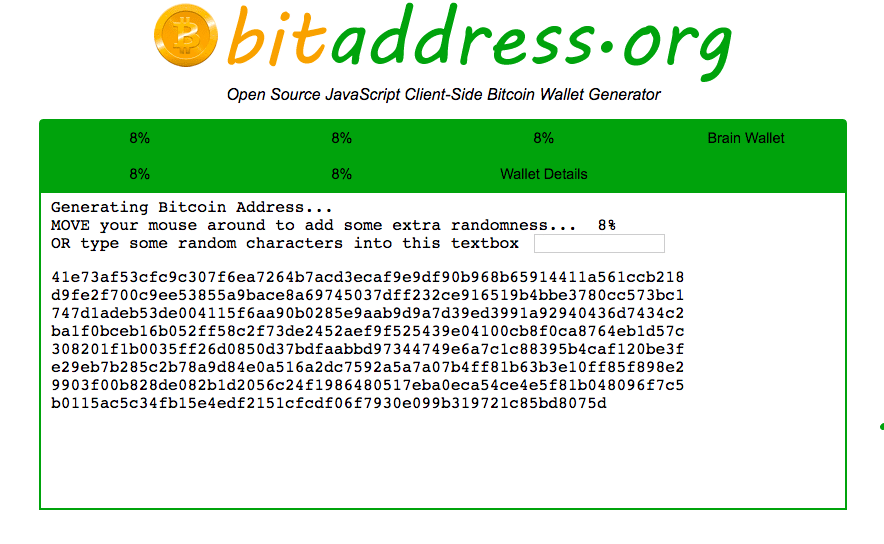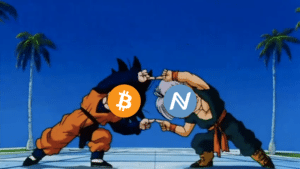What is my BTC address?
Your BTC address is a string of 26-35 letters and numbers that identify your Bitcoin wallet. BTC addresses begin with either a 1 or a 3 and are case-sensitive.
When you want to receive funds, this is the information that you provide to the person paying you. Your BTC address is oftentimes called your wallet address or your public address.
This address is considered public because, unlike the private key that controls your wallet, it’s relatively safe to share with the public.
Most wallets make your BTC address readily accessible. You can usually find your address by tapping “Receive” or “Receive BTC” in your wallet. Some wallets also have it listed in your account settings.
How to get a BTC address
There’s no shortage of ways to get a BTC address.
The 3 most popular methods are:
- Setting up an account on an exchange
- Using an online wallet
- Using an offline wallet (recommended)
Exchanges
Most exchanges give you a BTC address when you create an account. You don’t need to do any trading to have access to your public address.
Although convenient, it’s not recommended that you use this address for anything more than temporary storage. Exchanges are online which puts your funds at risk for hackers and/or malicious software.
Online wallets
There are plenty of reputable online wallets that you can use to get a BTC address. Exodus and Jaxx are two solid options that not only support Bitcoin but other coins as well.
Coinbase, although known primarily as an exchange, also provides you with a wallet when you use their service.
Once again, there’s an inherent risk in using these platforms because they’re online.
Offline wallets
Offline wallets are the suggested way to get an address to store your Bitcoin. You can either use a hardware wallet like Trezor and Ledger or create a paper wallet for your funds. Because these wallets are offline, you mitigate the risk of being hacked by using them.
Hardware wallets are the most expensive option, but their security and multiple coin support usually make them worth the higher price tag.
Paper wallets are free. To create one, follow the instructions on a website like bitaddress.org and print out the paper wallet it generates. This wallet will include your private key as well as your public BTC address.
Never Miss Another Opportunity! Get hand selected news & info from our Crypto Experts so you can make educated, informed decisions that directly affect your crypto profits. Subscribe to CoinCentral free newsletter now.












